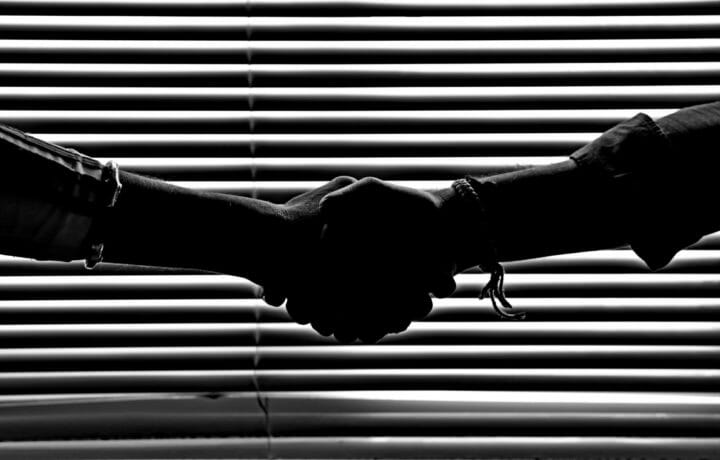These times they are a-changin’, as an old folk-song reminds us. So much is no longer as it was even a few years ago. Writers in former Soviet bloc countries were forced to be hacks for the approved ‘Party line’, or not write at all. Modern dictators don’t want to be so obvious. Instead, they manipulate news in a variety of ways. Why? This way they confuse readers. They make them doubt the truth of an event, or even that there is truth to begin with. They push their agendas through manipulated or outright controlled journalism.
Clearance holders find themselves all around the world. Often, it is their company which is located in another country. More likely, the cleared personnel are traveling, giving briefings. What do they do when confronted by a news reporter? Have you helped prepare them? What is the best policy to be implemented for your company? This is critical to know because we’re not talking about a random question on the street. Normally our cleared travelers give presentations abroad and are almost inevitably involved in question-and-answer periods, not to mention discussions.
A wrong answer to a question could jeopardize much more than your own project. Some reporters include ‘assumed’ conspiracy theories in their questions. Many so-called ‘news’ outlets do not give a by-line, so you can readily identify the man or woman who questions you. A wrong answer might be twisted for their own goals. What to do?
First, identify your cleared project’s operating environment. Where your cleared employee will be going, do the local papers promote government propaganda? Or, are they a genuine free press, discreet, balanced, and open to correction and critical thinking? Are they known for dwelling on conspiracy theories? Has any service conducted fact-checks on their reporting? Who among their reporters is reliable, maintains discretion, a solid reputation, and professional transparency? Does the news outlet take responsibility for their reporting? For instance, do they have those mentioned by-lines for their investigative reporters? This is normally a red flag if not, because investigative reporting normally has legitimate sourcing, even though the sources themselves are protected. Moreover, though sources are protected, the facts revealed are presumed legitimate based on the history of credibility of the known writers of the articles, their editorial boards, and historical, peer-reviewed reporting.
Secondly, know what your cleared personnel can discuss. Every cleared facility should have a known procedure for unsolicited callers. No employee should be directly linked to such a caller unless the callers were first identified and cleared through Public Affairs. If someone receives such a call, they should not answer, but refer all such callers to the Public Affairs Office immediately. When giving briefings, the same applies. Discuss only what you came to talk about. Stick to the subject, because often your name, connected to an insidious, apparently innocent–but unconnected– response to a question may result in disaster. In recent weeks, the Chinese, the Australians, and the United Kingdom have all been involved in cases of alleged spies disguised as journalists. Without commenting on the validity of these claims, it doesn’t take a long jump to see that journalism is a good venue for spies to get sources in our world. What can these spies pretending to be journalists do? They can offer coverage which almost every company craves. But at a price. In time, their discreet requests might turn into a commitment to provide classified data. So, a word to the wise. Know to whom you speak. Pay attention to dubious television news, weblogs, online reporting, or even newspapers. Give any request for information an initial jaundiced eye.
Insidiously, CNN, ABC, and several other credible news agencies have seen their web addresses manipulated to look almost, but not quite, exactly like the real thing. Know the tricks of schemers. Use media standards of openness, balanced reporting, and peer review of transparent journalism to make judgments about sites controlled by national governments. Sputnik and RT-International, operate quite differently from the BBC, Stars and Stripes, and Voice of America. The former operate as government outlets, the latter a free press. Know your questioner. Advise your cleared briefers on pitfalls to be aware of. You can’t be too safe these days. Public Affairs must be robust, know what to protect, and be available to do research on all questioners.




